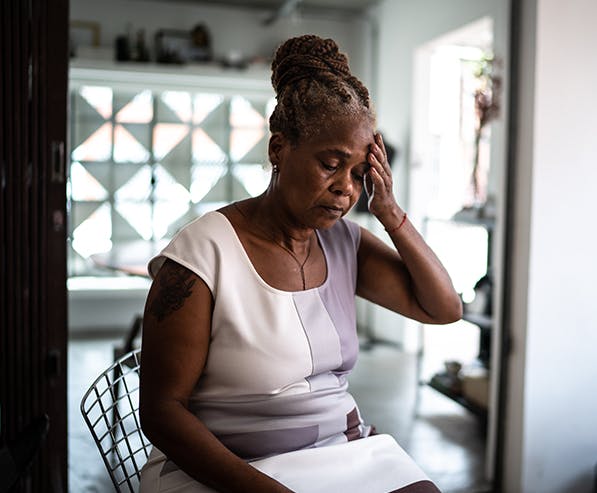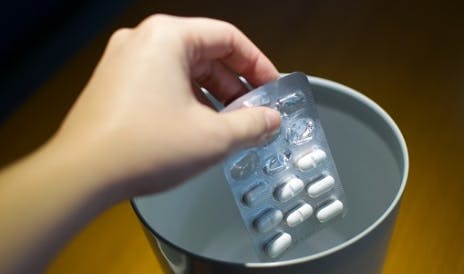When it’s time to dispose of medicines, let's treat it right.
Medicines—and that includes pain relief medication—are specially formulated to treat your body. When managing your own health, including pain, always start with a conversation with your doctor or pharmacist.
Then, after the medicines have served their purpose and helped you feel better, it’s time to wave goodbye to any finished, old, expired and unusable medicine. One last job remains: right disposal of medicine.
It’s important to treat medicines carefully when you dispose of them. As with any product disposal, we should be thinking about the environmental impact. From recycling the packaging where this is possible to making sure old medicines end up in the right place, there are some rules to follow when it comes to disposal.

Tips for CAREFUL DISPOSAL
of pain relief medication
If you're in Europe, you can also visit http://medsdisposal.eu/
If you're in another part of the world, look for your local guidelines.

Return Medicine
In most countries, the best way to dispose of used, unused, expired medicines is to take them to your local pharmacy, which can then dispose of them properly, ask your local pharmacist for advice.

Don't Flush Medicine
To help protect the environment, don't dispose of used, unused, expired medicines down the toilet or sink. If you're unsure of the rules in your country - Ask your pharmacist for advice on safe disposal.

Recycle Packaging
Medicine's outer packaging and paper inserts are often made from recycled material and can be recycled again. Always check the label for recyclability on items such as blister packs and plastic tube containers. If there's medical residue on the packaging, ask your pharmacist for advice.
Return Medicines
In many countries, the best way to get rid of out-of-date medicines is to take them to the local pharmacy, which can then dispose of them properly. In most cases and in most countries, it is advised to never dispose of unneeded drugs by pouring down the sink or flushing down the toilet.
The rules are a bit different in some countries, such as in the United States or in Germany, which incinerates a lot of waste. There, local jurisdictions set disposal rules. If you are a resident of Europe, visit http://medsdisposal.eu/ and click on your country for local details.
Don’t Share Unused Medicine, Dispose Instead
You might be tempted to give unused medicines away, but please don’t. According to the World Health Organization, donated medicine in tablets and capsules can only be used if they are unexpired, the container is properly labelled, still sealed and within the original unbroken blister packs1. You can ask for guidance from your pharmacy professionals when you turn in your medicines.
Don’t Flush Medicines
To help protect the environment, don’t throw away medicines into our water system; don’t dispose of them in the toilet or sink. It’s best to bring no longer needed and expired medications to your local pharmacy. If you are unsure of the rules in your area or of the right way to dispose of your medicines, ask your pharmacist for advice.
If you have applied a pain gel by hand to another part of your body, once done, please wipe your hands with an absorbent paper cloth and dispose of cloth in the bin before washing your hands.
Rules vary by country on how to dispose of sharps and needles, that’s why it’s a good idea to check on your local rules.
Recycle Packaging
Some drug makers are redesigning their products and packaging to be friendlier to the environment. At Haleon that includes efforts to source materials sustainably and make packaging that has less impact on the environment.
Cardboard packaging, often made from recycled material, can be recycled again. Paper inserts can be recycled as well. If there’s medical residue on the packaging, please take it to the pharmacist and ask for advice on the best way to dispose. Follow the guidance of your local government on recycling practices for items such as blister packs and plastic containers.
It’s good to know medicines are there to help relieve our pain but when the time comes to say goodbye, please dispose of unneeded medicines properly.
SHARE THIS ARTICLE
1Guidelines for Safe Disposal of Unwanted Pharmaceuticals in and after Emergencies. World Health Organization. 1999. https://www.who.int/water_sanitation_health/medicalwaste/unwantpharm.pdf [Accessed 24 May 21]
2Disposal of Medicine in Europe. MedsDisposal. (Association of the European Self-Care Industry, Council of European Dentists, European Federation of Pharmaceutical Industries and Associations et. al.) http://medsdisposal.eu/ [[Accessed 24 May 20 ]]
3Disposal of Medicine in Europe. MedsDisposal. (Association of the European Self-Care Industry, Council of European Dentists, European Federation of Pharmaceutical Industries and Associations et. al.) http://medsdisposal.eu/#germany [[Accessed 24 May 21]]
4Faez Alnahas , Prince Yeboah, Louise Fliedel et. al. Expired Medication Societal, Regulatory and Ethical Aspects of a Wasted Opportunity. International Journal of Environmental Research and Public Health. January 2020. https://www.mdpi.com/1660-4601/17/3/787 [[Accessed 24 May 21]]
5Disposal of Medicine in Europe. MedsDisposal. (Association of the European Self-Care Industry, Council of European Dentists, European Federation of Pharmaceutical Industries and Associations et. al.) http://medsdisposal.eu/pharmaceuticals-and-the-environment/ [[Accessed 24 May 21]]
6Sopsortera läkemedel och förpackningar Swedish Medical Products Agency. May 2020.
6Guidelines for Safe Disposal of Unwanted Pharmaceuticals in and after Emergencies. World Health Organization. 1999. https://www.who.int/water_sanitation_health/medicalwaste/unwantpharm.pdf [[Accessed 25 May 21]]

Let's treat it right and Panadol
Find out more, including usage and dosage guidance for pain relief treatments, from Panadol.

Let's treat it right and Voltaren
Find out more about the right use of pain relief medicines, including dosing and disposal advice, from Voltaren.




